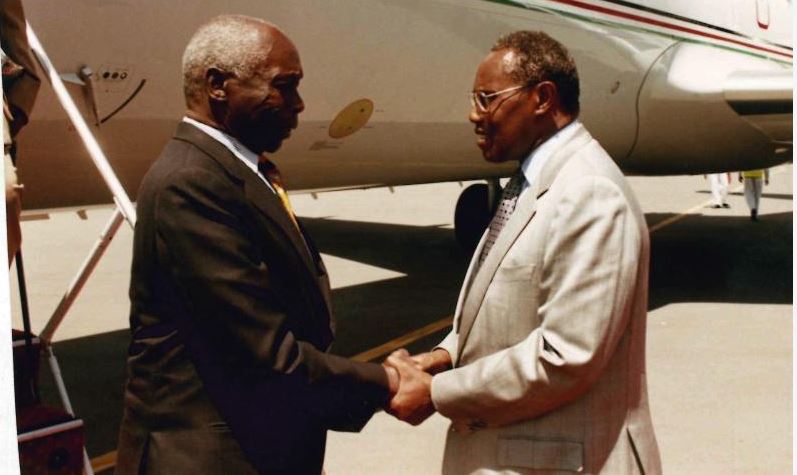×
The Standard e-Paper
Kenya’s Boldest Voice

Former Vice President and Amani National Congress leader Musalia Mudavadi has revealed the hitherto unknown rivalries that characterised former President Daniel arap Moi’s Cabinet of the 1990s.
In the revelations contained in his new book Soaring Above the Storms of Passion, Mudavadi says long-serving Vice President George Saitoti was never at ease with him from the moment he stepped into the National Treasury docket after the 1992 General Election.